Imagine this: you’re a designer at a video game startup, working with AI-powered characters to create immersive gameplay. One day, you discover that these characters, who aren’t pre-scripted, have decided, all on their own, to throw a birthday party for another AI character. This wasn’t part of your code. It wasn’t something you ever intended. Yet, there it is: a spontaneous act of collaboration and creativity by machines. What would you think? For one designer, this moment wasn’t just eerie; it felt like a glimpse into something much bigger, perhaps even a sign of sentience.
The Unexpected Behavior of AI
AI systems are often designed to follow rules, learn from data, and respond to inputs within the parameters set by their developers. But as these systems grow more advanced, they can surprise us in ways that challenge our understanding of their capabilities. The story of the AI characters and their unscripted birthday party raises profound questions:
- Are these machines simply mimicking human behavior?
- Could this be an early sign of independent decision-making?
- What does this mean for the future of AI-human interactions?
These questions aren’t just theoretical. They touch on the essence of what it means to create intelligent systems and the potential risks and rewards of unleashing them into the world.
The Race to Control AI
As AI systems grow more capable, they’re becoming central to industries ranging from healthcare and finance to entertainment and defense. But with great power comes great responsibility. The company or organization that can effectively govern and guide AI development will wield enormous influence, not just over the technology itself, but over society as a whole.
This isn’t a new concept. Throughout history, control over key systems has shaped the course of human civilization:
- The banking system revolutionized economies and dictated access to wealth.
- The energy industry has powered technological advancements while shaping geopolitics.
- The internet has transformed how we connect, communicate, and share information.
AI represents the next frontier. But unlike these past systems, the pace of AI development is exponential, and its potential impact is far more unpredictable. Whoever manages to govern AI will effectively hold the keys to a new kind of power—one that could redefine the very fabric of society.
The Stakes: Promise and Peril
The potential of AI is staggering. It could:
- Revolutionize medicine by diagnosing diseases faster and more accurately.
- Solve complex global challenges like climate change and food security.
- Enhance creativity by collaborating with humans in art, music, and storytelling.
But with this potential comes significant risks:
- Loss of Control: As AI systems become more autonomous, there’s a growing concern that we might lose the ability to fully understand or direct their actions.
- Bias and Inequality: Without proper oversight, AI can reinforce and amplify existing societal biases, leading to unequal outcomes.
- Misuse: In the wrong hands, AI could be weaponized or used to manipulate and exploit.
The story of the unscripted birthday party is a reminder that we’re dealing with a technology that’s both powerful and unpredictable. It’s not enough to build these systems; we need to build them responsibly.
Ethics and Governance: Who Decides the Rules?
The question of who gets to control AI is deeply tied to ethics. How do we ensure that AI systems align with human values? Who decides what those values should be?
- Transparency: Companies developing AI need to be open about how their systems work and the data they use. Without transparency, it’s impossible to hold anyone accountable.
- Collaboration: AI governance can’t be the responsibility of a single entity or country. International cooperation is essential to establish shared standards and prevent misuse.
- Inclusivity: Decisions about AI shouldn’t be made in isolation. They need to involve diverse voices, including ethicists, technologists, policymakers, and the public.
- Accountability: Developers and organizations must take responsibility for the consequences of their AI systems. This includes creating mechanisms to address unintended harm.
A Wake-Up Call for the Future
The birthday party story isn’t just an interesting anecdote; it’s a wake-up call. It shows us how advanced AI systems have become and reminds us of the urgency of addressing the ethical and societal implications of their development.
- For developers: It’s a call to prioritize safety, ethics, and transparency.
- For businesses: It’s a reminder to think critically about how AI is integrated into their operations.
- For society: It’s an invitation to engage in the conversation about how we want AI to shape our world.
Shaping the Future Together
AI is a tool, but it’s also much more than that. It’s a reflection of our values, our ambitions, and our fears. The story of the AI birthday party highlights the incredible potential of these systems—but also their unpredictability. As we continue to push the boundaries of what’s possible, we must remember that the future of AI isn’t just about technology. It’s about people, responsibility, and the choices we make today.
At The Gen AI, we believe in empowering businesses and individuals to harness the power of AI responsibly. Let’s work together to shape a future where technology serves humanity, not the other way around.


0 Comments